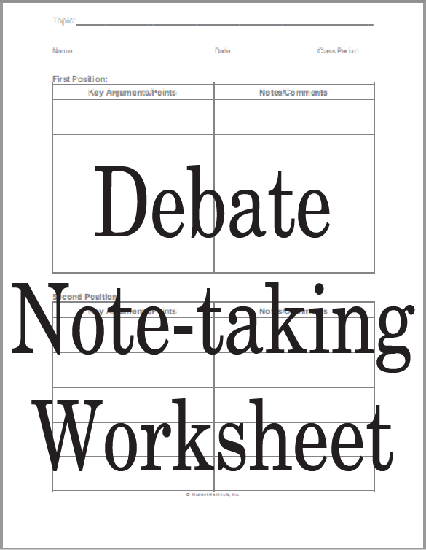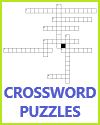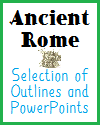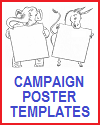| Debate Note-taking Worksheet |
|---|
| www.studenthandouts.com ↣ Social Studies ↣ Debate and Logic |
 |
    |
|
Click here to print. This worksheet is for taking notes on two positions, with spaces for key points/arguments and corresponding notes/comments.
Taking notes while watching a debate can be highly beneficial for students for several reasons. Active Engagement: Note-taking requires active engagement with the debate content. It prevents passive watching and encourages students to pay attention to the arguments and details presented. Comprehension: Writing down key points and arguments can enhance students' comprehension of the debate. It forces them to process and internalize the information as they listen. Retention: Taking notes helps improve memory retention. When students review their notes later, they reinforce their understanding of the debate and are more likely to remember the key points. Organization: Note-taking encourages students to organize information logically. They can structure their notes by topic, speaker, or argument, making it easier to reference and review later. Critical Thinking: Students can use note-taking to critically assess arguments presented in the debate. They can jot down counterarguments, logical fallacies, or areas where they disagree with the speakers. Reference Material: Notes serve as valuable reference material for future assignments, discussions, or essays related to the debate topic. They provide a convenient resource for citing specific arguments and evidence. Active Listening: Note-taking promotes active listening skills. Students must focus on what is being said, extract key information, and summarize it concisely in their notes. Question Generation: While taking notes, students may generate questions or points for further exploration. These questions can guide post-debate discussions and research. Participation: Having notes on the debate content can empower students to participate more actively in class discussions or follow-up assignments related to the debate. They can contribute informed opinions and insights. Critical Analysis: Notes can serve as a foundation for critical analysis of the debate. Students can evaluate the persuasiveness of arguments, identify rhetorical techniques, and assess the overall effectiveness of the speakers. Preparation for Debates: For students who may be involved in debate teams or assignments, watching and taking notes on debates can serve as a model for their own debate preparation and presentation skills. Note-Taking Skills: Developing effective note-taking skills is a transferable skill that can benefit students in various academic contexts, not just debates. Time Management: Note-taking can help students manage their time effectively during the debate. It prevents distractions and keeps them focused on the content. Accountability: Students who take notes during a debate are more accountable for their own learning. They actively engage with the material and take responsibility for understanding the arguments presented. Documentation: Notes provide a record of what was said in the debate. If students need to reference the debate at a later date, their notes serve as a reliable record of the content. Overall, taking notes while watching a debate is a valuable skill that enhances students' understanding, critical thinking abilities, and engagement with complex topics. It encourages active learning and equips students with tools for analyzing and synthesizing information from various perspectives. |
| www.studenthandouts.com ↣ Social Studies ↣ Debate and Logic |














































